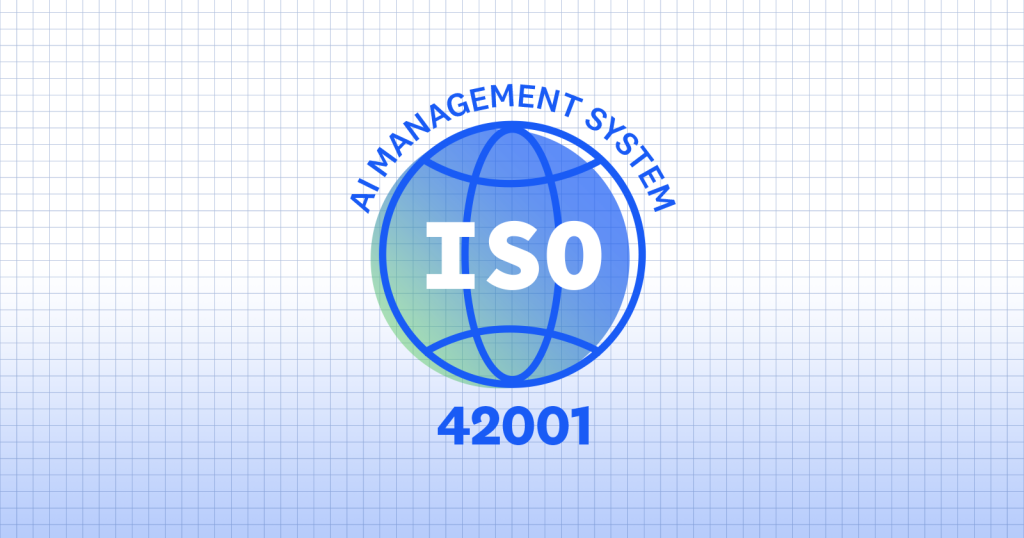
- The key concepts of new ISO/IEC 42001 Artificial Intelligence (AI) management standard include decision-making support, competitive advantage, resource allocation, risk management, and efficiency optimization.
- ISO/IEC 42001 follows a high-level structure with ten clauses, including scope, normative references, terms and definitions, organization context, leadership, planning, support, operation, performance evaluation, and improvement.
- The publication of ISO/IEC 42001 marks a significant milestone in shaping the responsible development and use of AI, fostering innovation while building stakeholder trust. Businesses employing AI in their products or services may seek certification to this standard to show ethical use of AI practices.
Artificial intelligence (AI) is transforming industries with applications like hyper-personalization, automation, and predictive analytics. However, this rapid advancement necessitates responsible development and ethical practices. The ISO/IEC 42001 standard, published in 2023, addresses these needs by providing guidelines for implementing, maintaining, and improving an AI management system (AIMS). This standard ensures AI systems’ trustworthiness, security, safety, fairness, transparency, and data quality throughout their lifecycle. It integrates AI management into existing organizational processes and aligns AI use with overall goals and values. It is expected to be widely adopted by both organizations who are either creators or users of AI in their products or services to assure their customers of ethical and safe oversight of AI functions.
The key concepts of ISO/IEC 42001 include decision-making support, competitive advantage, resource allocation, risk management, and efficiency optimization. The standard emphasizes the importance of addressing specific AI considerations, such as automatic decision-making, non-transparency, and integrating AIMS into existing management structures. This approach allows organizations to tailor AI features to their needs, monitor performance, and maintain responsible use.
ISO/IEC 42001 follows a high-level structure with ten clauses, including scope, normative references, terms and definitions, organization context, leadership, planning, support, operation, performance evaluation, and improvement. The standard includes 38 controls and ten control objectives, with annexes providing implementation guidance and highlighting potential organizational objectives and risks. These comprehensive guidelines ensure organizations can proactively manage AI-related risks and enhance AI system resilience.
Integrating ISO/IEC 42001 with ISO/IEC 27001 offers strategic advantages. It allows organizations to harmonize policies, procedures, and controls across AI management and information security. This integration enhances risk management, simplifies documentation, and promotes comprehensive training programs, incident response, and business continuity planning. The publication of ISO/IEC 42001 marks a significant milestone in shaping the responsible development and use of AI, fostering innovation while building stakeholder trust.


Leave a Reply
You must be logged in to post a comment.